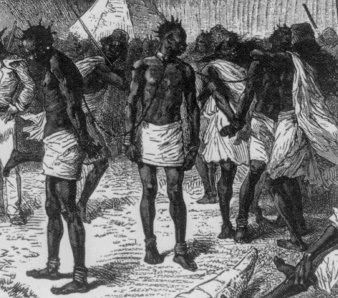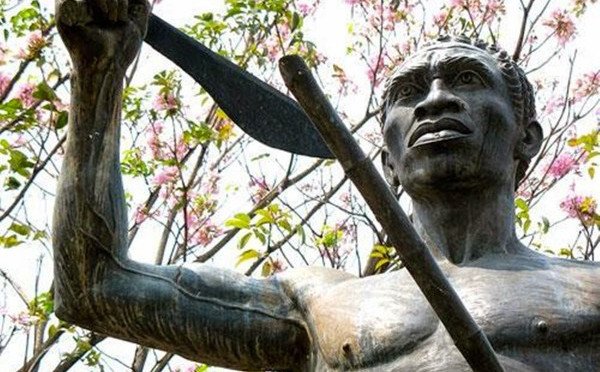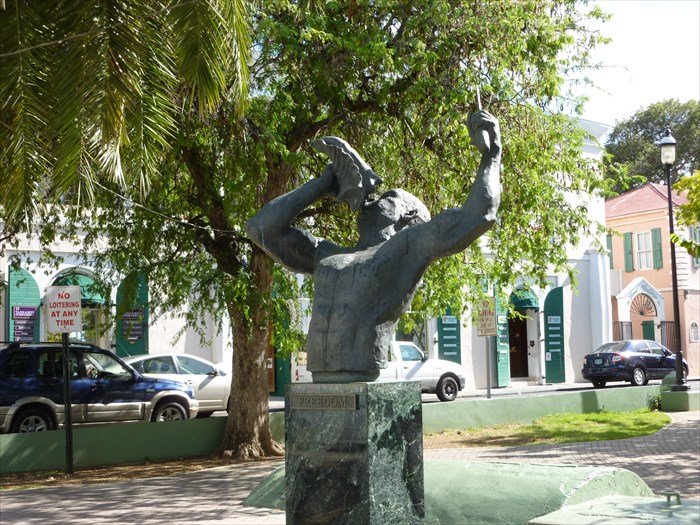
Zanj Rebellion, 869 A.D.
Many individuals frequently question if and whether Africans ever opposed Arab rule, which existed some time before Europeans came to Africa to exchange or African slaves were sent to North America as slaves.
One of the main at any point recorded African uprisings was in actuality against Arab rule.
East Africans, who were called Zanj – the Arabic expression used to portray them, started an upheaval in 869 A.D. Driven by Ali receptacle Muhammad, a Persian, African slaves in the Middle East rose facing the Abbasid Caliphate.
The Zanj started leading night assaults on close by urban communities so as to hold onto supplies and free individual slaves, accepting that they would win land and at last opportunity vowed to them under Ali container Muhammad’s strict uprising. Despite the fact that the revolt started easing back, it developed into a full-scale upset, known as the Zanj Rebellion, that most recent 15 years.
History specialists state the slaves, bedouin, serfs and renegades developed to more than 500,000. They amassed a naval force and controlled upwards of six braced urban communities in advanced Iraq.
In the long run, the disobedience finished in 880s after the Abbasid armed force vanquished the renegade capital. Pioneer Ali container Muhammad was slaughtered in the fight numerous renegades were saved and welcome to join the Abbasid military.

Gaspar Yanga Rebellion, 1570
Only a couple of individuals think about the historical backdrop of Africans in Mexico, yet Africans who were taken there gave solid instances of uprisings against the training.
One name is notable. Gaspar Yanga was an oppressed African taken to Mexico in the late 1500s. Yanga started a revolt on a sugarcane manor close to Veracruz in 1570. In the wake of escaping into the timberland with a little gathering of previous slaves, they went through four decades building up a settlement, or palanque, which they called San Lorenzo de los Negros. The gathering endure generally through cultivating and infrequent strikes on Spanish stock escorts.
Lamentably, in 1609, pioneer specialists annihilated San Lorenzo de los Negros yet they couldn’t catch Yanga’s supporters. They made due with a harmony settlement with the previous slaves and even haggled with Yanga, giving him the privilege to assemble his own free province as long as it paid expenses to the Spanish crown.
This district – the main authority settlement of liberated Africans in the Americas – was at long last settled in 1630 and still exists today under the name “Yanga.” Yanga is commended all through Mexico and the remainder of the world as the “primary deliverer of the Americas”.

Akwamu Slave Revolt, Saint John Insurrection, 1733
Students of history state one of the most punctual slave revolts in North America was in the Caribbean island of Saint John, which was claimed by the Danish. The subjugated Africans in Saint John were Akan, an African people from advanced Ghana.
A gathering of high-positioning Akans started to plot against their Danish bosses in November 1733, tormented by across the board sickness, dry seasons and brutal slave codes. The revolt began a ranch at Coral Bay where subjugated Africans snuck weapons to murder a few Danish troopers. Before long, a few white pilgrims were murdered and the vast majority of Saint John was seized by Africans as the slaughtering before long spread to different estates with more than 150 schemers. The pioneers held onto the island as their own.
Lamentably, the opportunity of the Akans was shorted-lived. In May 1734, French soldiers showed up and savagely put down the disobedience after just a half year of Akan rule. Servitude was at long last canceled in the Danish West Indies in 1848.
Like Our Story ? Donate to Support Us, Click Here
You want to share a story with us? Do you want to advertise with us? Do you need publicity/live coverage for product, service, or event? Contact us on WhatsApp +16477721660 or email Adebaconnector@gmail.com





